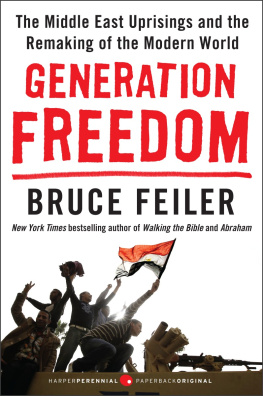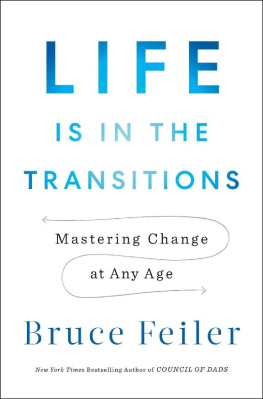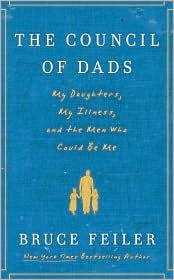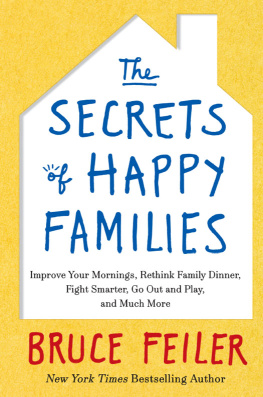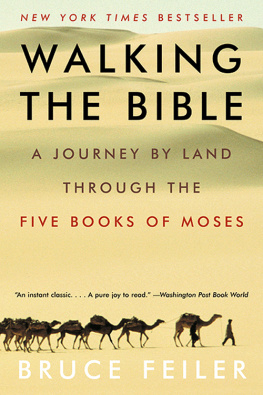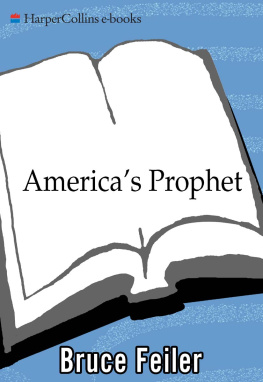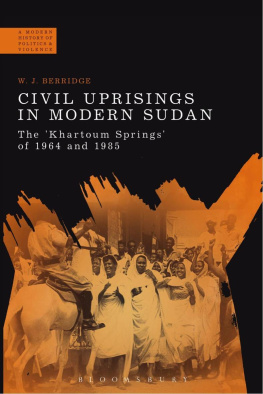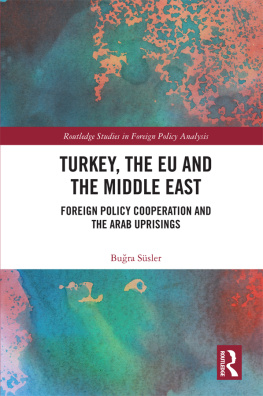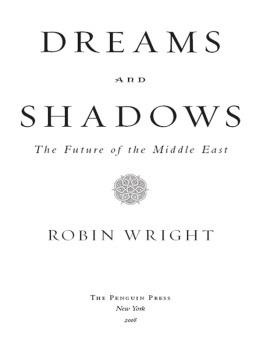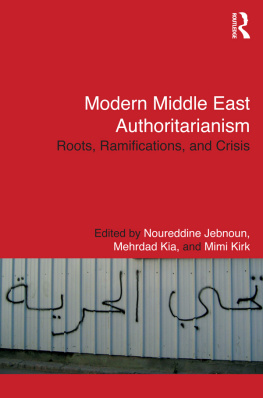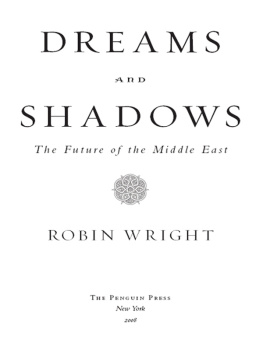Prologue
Freedom from Fear
The Twin Towers and the Two Doors
I heard the singing as soon as I crossed the Brooklyn Bridge. It came from the hole in the skyline where the Twin Towers had once stood. It was nearing 1 a.m. on Monday, May 2, 2011, a little more than an hour after President Barack Obama announced that American service personnel had just hunted down, trapped, and killed the worlds most wanted man, Osama bin Laden. As soon as the president finished speaking, I told my wife I wanted to go to Ground Zero. She looked at me like I was crazy. It was after midnight. I told her I thought the still-open wound in lower Manhattan would be dark and tranquil at that hour, and maybe it would provide some insight into this near-perfect bookend to what had happened there a decade earlier.
Instead I found several thousand peoplemany who were only in grade school on September 11, 2001gathered for an impromptu rally. They waved American flags, tossed toilet paper on the lampposts, and sprayed champagne on the crowd. The only thing missing was a sailor kissing a nurse. And just as I arrived, the crowd was finishing a rendition of The Star-Spangled Banner Oer the land of the free and the home of the brave? before breaking into chants of USA! USA! I felt like I was at a homecoming rally.
I waded into the crowd. About half of the people there were raucous college students. One was dressed as Captain America. Another shimmied up a traffic light pole and recited the Declaration of Independence by reading it from his BlackBerry. Another sounded an Australian didgeridoo. I just wanted something that made a lot of noise, explained Dinos San Pedro, a jazz student.
Others had come for more solemn reasons and were offended by all the fist-pumping. Im happy bin Laden is dead, said Constance Lauria, a flight attendant for United Airlines, whose Flight 175 flew into the South Tower. But people are not remembering the victims here. This is a hollow victory. Its not going to bring back all those souls.
As she looked around, it occurred to me that the number of people who had gathered for this rally was near in size to the number who had been killed on September 11.
I also noticed something else about the crowd. It reminded me of one I had seen in Liberation Square in Egypt a few weeks earlier. I had gone to report on the historic youth uprisings sweeping the region and what they meant for the future of peace, coexistence, and relations with the West. There, like here, young people dangled from light poles, painted their cheeks with flags, and held up iPhones to snap photos they posted on Twitter. When I heard that young people over there started a revolution, said Averie Timm, a writing student from Pratt Institute, I was so happy. People say our generation uses Facebook as a drug. For us to take technology and change the world, that made me proud.
At first glance, the uprisings across the Middle East and the killing of Osama bin Laden appear to have little in common. One was a populist movement to topple brutal dictators and demand greater freedom for innocent people. The other was a masterful plot by an elite military force to take out a brutal murderer who despised freedom and slaughtered innocent people.
But having spent months exploring the roots causes and future impact of the Arab Spring, I believe the two eventscoming at the same momentwill always be intertwined. The coming of age of a new generation of Muslim youth and the dramatic death of Osama bin Laden will be the Twin Towers of 2011. And for the one billion people around the world who are Muslims under the age of thirty, these two towers represent opposing life choices.
One paththe jihadistoffers a better life through religious conformity, violence, and self-annihilation. The other offers a better life through activism, voting booths, and job opportunities. Both of these paths have had people on them. But at this moment, one appeared headed toward the bottom of the sea and the other toward the Nobel Peace Prize. This year would be remembered as the moment those two paths crossed.
Hours later, after the crowd began to disband, I spotted a young man narrating a letter to his family in Arabic into his cell phones video camera. His name was Nadir Bashir. He was twenty-eight-years-old, from Sudan, and he worked at the General Assembly of the United Nations. Dark-skinned and animated, he was eager to show me his ID card to prove he had such a prestigious job.
Young people in the Arabic world were the first victims of the terrorists, he said. Osama bin Laden and other leaders of terrorist organizations brainwashed these people and made them focus on something other than spreading freedom in their own countries. The men who flew those planes on September 11 were nineteen young people from the Muslim world.
But this year, he continued, those young people woke up from a long dream and focused like young people everywhere not on attacking others but on building their own countries. They made revolutions from Tunisia, to Egypt, to Yemen, to elsewhere.
Why was that other path so appealing? I asked.
I will tell you honestly, he said. Young people in the Muslim world were thinking that the path the terrorists offered them was the easy path to happiness. If you choose that direction, you will go to heaven very quickly. This is Door No. 1. But if you choose the long way, you will have to go to college, study hard, suffer for a while, and then after seven or eight years still not find a job. This is Door No. 2.
So which will be more popular going forward?
Today, Door No. 1 has been closed by the United States. Some people might slip through, but that door has lost much of its appeal. And Door No. 2, because young people across the Arabic world are creating such exciting opportunities for change, has just opened a little wider.
To me, this was the heart of the question I had been exploring for months. Are the changes transforming the Middle East potent enough to undo a generation of stagnation, resignation, and blamea morass so powerful they helped make Door No. 1 so appealing in the first place? Are the calls for freedom coming from Tunis, Cairo, Tripoli, Damascus, and other capitalsalong with the extraordinary display of interreligious, intergender, intergenerational cooperation they ignitedunifying enough to make the changes necessary to allow Door No. 2 to become a viable option again?
The youth uprisings in the Middle East set the stage for this choice. The death of bin Laden brought it into sharper relief. One population. Two doors. Which will they choose? And what will their choice mean for us?
The answers to these questions lie in the hands of one group of people: Generation Freedom. Now that bin Ladens passing allows us to close our own door on 9/11, maybe were finally ready to open a second door ourselves and find out who this generation is. Our future clearly depends on it.


